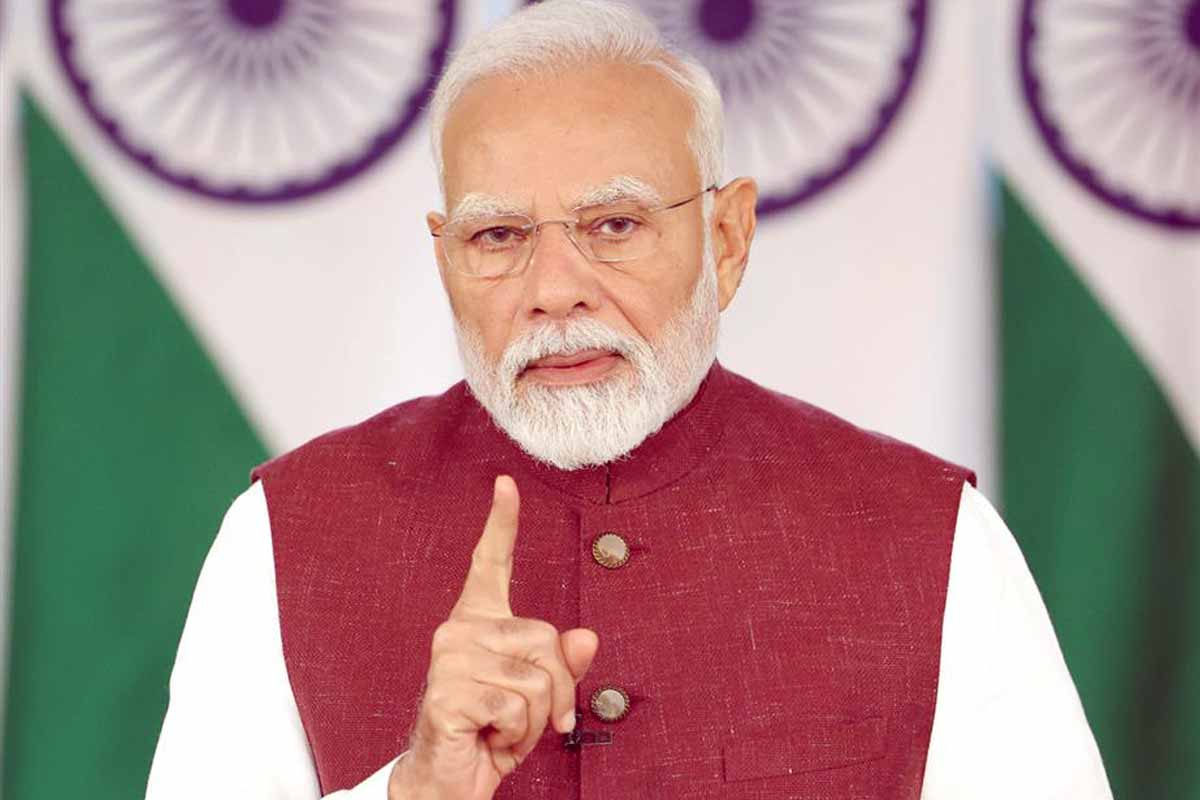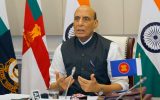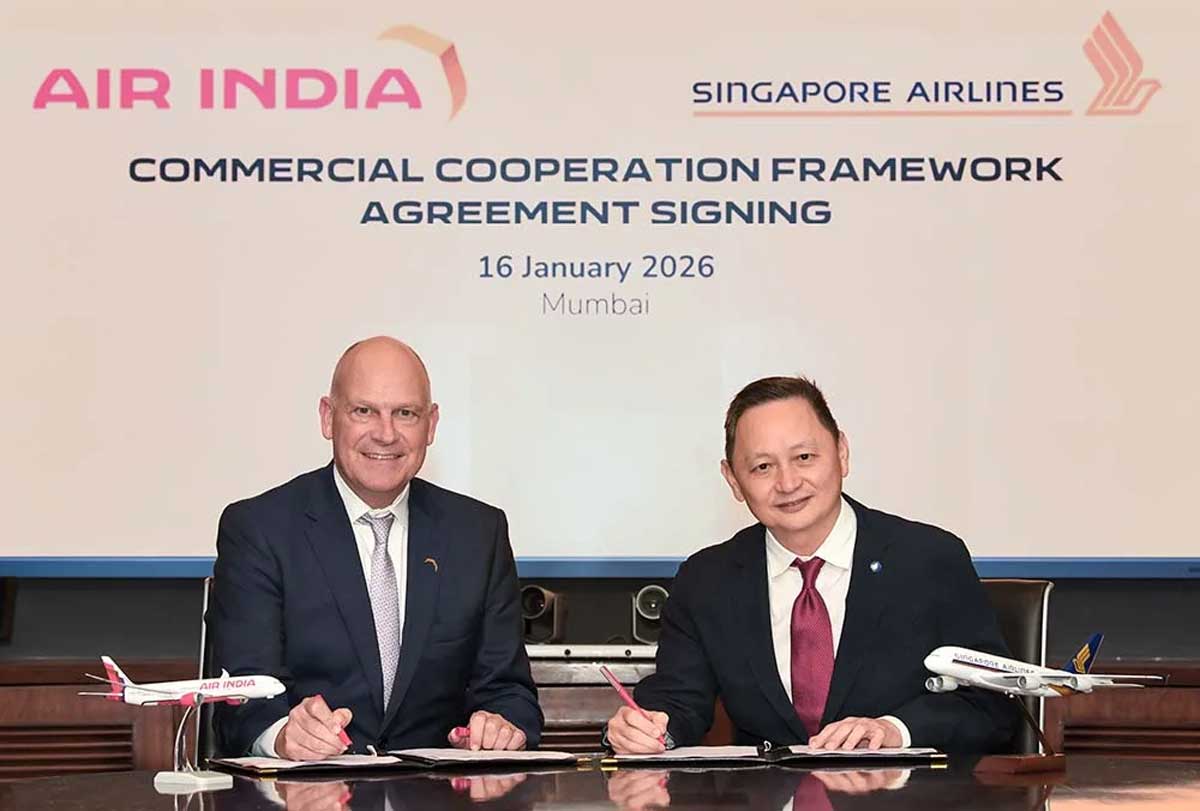India Rejects Arbitration Court’s Ruling on Indus Waters Treaty Projects: New Delhi – India has issued a strong rejection of a recent decision by what it calls a “so-called Court of Arbitration” concerning the Kishenganga and Ratle hydroelectric projects. These projects are located in the Union Territory of Jammu and Kashmir.
In a detailed statement, the Ministry of External Affairs (MEA) made it clear that India does not recognize the authority or legal validity of this arbitration court. The MEA stated it believes the court was “wrongly formed” under the Indus Waters Treaty of 1960.
“India has never recognised the legal validity of this Court of Arbitration,” the MEA asserted, describing its constitution as “a serious breach of the Indus Waters Treaty.” The government emphasized its consistent opposition to the formation of this court. It firmly believes that all decisions made by this forum are “illegal” and “without any legal standing.”
READ: MoD Begins Review of Defence Acquisition Procedure
Treaty in Abeyance After Massacre of Tourists in Pehalgam
The Ministry further clarified India’s unique position regarding the Indus Waters Treaty. Following a terrorist attack in Pahalgam, India had placed the Treaty “in abeyance.” This action, the government explained, was a direct response to Pakistan’s continued support for cross-border terrorism.
In light of this, the MEA highlighted a crucial point: “India is no longer bound to perform any of its obligations under the Treaty.” This signifies a significant shift in India’s engagement with the Treaty, linking its operational status to Pakistan’s actions concerning terrorism.
READ: Max Aerospace to Invest $960 Million in Helicopter Facility in Nagpur
Pakistan’s Double Speak on Terror
India’s position is resolute: its sovereign decisions cannot be challenged by any external body or tribunal. “No Court of Arbitration has the authority to question India’s sovereign decision in this matter,” the Ministry added.
The Indian government also sharply criticized Pakistan’s approach. It accused Pakistan of using international platforms to misrepresent facts and avoid responsibility for its actions. The MEA strongly condemned this, calling it “yet another desperate attempt by it to escape accountability for its role as the global epicenter of terrorism.”
The statement concluded by asserting that Pakistan’s resort to this “fabricated arbitration mechanism” is consistent with “its decades-long pattern of deception and manipulation of international forums,” implying that Pakistan is misusing international arbitration to mask its alleged support for terrorism.
This firm declaration from India signals a robust stance on both its sovereignty and its ongoing concerns regarding cross-border terrorism, directly linking these issues to its adherence to int
READ: Pixxel Bags iDEX Grant to Develop Hyperspectral and Mid-Wave Infrared Payloads















